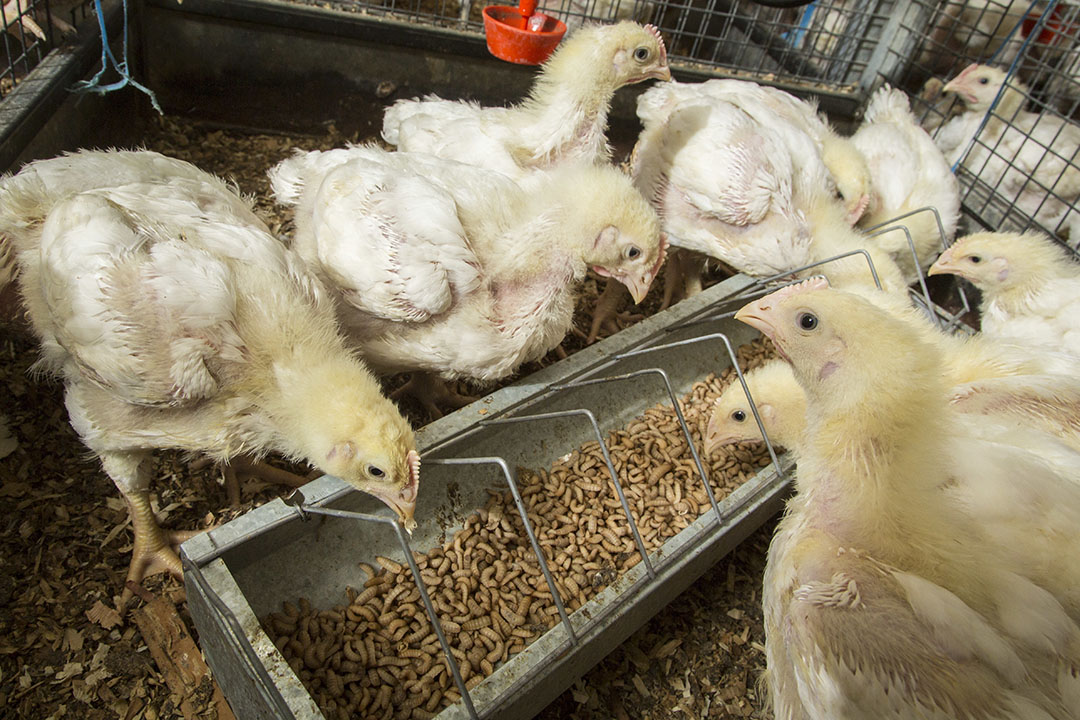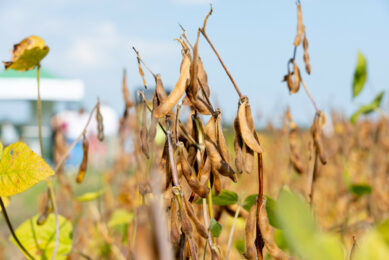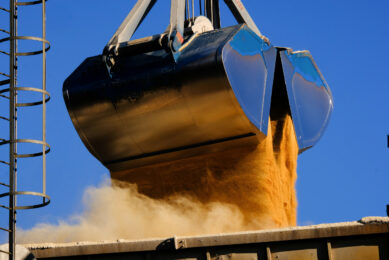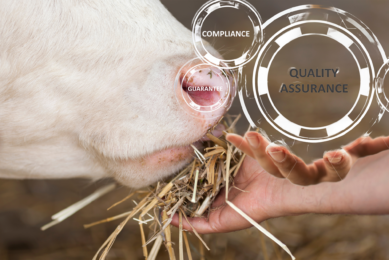3 major challenges for the insect protein sector

As in all emerging sectors, the insect protein industry faces some challenges. 3 major ones are published in the IPIFF vision paper on the future of the insect sector towards 2030.
The IPIFF vision paper looks at the European insect sector today and what the challenges and opportunities are and how the regulatory landscape looks like. 3 main challenges are formulated. These are:
 Need to upscale
Need to upscale
To reach its full potential, the insect industry needs to scale up. This can readily be achieved due to the exponential reproduction rate and short life cycle of insects. Automation and controlled production systems will make insect production less labour-intensive. Insect producers are already on track as significant investments are being made in semi-automated systems in Europe. The ideal conditions are being developed for insects to thrive in, taking into account factors such as their optimum temperature and humidity requirements. Mastering these factors will lead to reliable supply and stable quality while increasing production capacity in Europe. By increasing the scale of production, insect farmers will be able to increase the price competitiveness and stability of their products compared to other sources of protein. By October 2018, European insect producers had raised more than € 350 million through investments and were expecting to raise more than € 2 billion by 2025.
 Addressing consumers’ expectations
Addressing consumers’ expectations
Livestock farmers in the EU have to meet consumers’ expectations for safe, nutritious and high-quality products of animal origin. They are also expected to address societal challenges such as reducing the use of antibiotics. Insect producers must therefore produce nutritious and high-quality products in order to respond to these new demands.
 Regulatory challenges
Regulatory challenges
Food and feed safety is essential for the insect industry. Like any food or feed company in Europe, insect producers have to follow principles established under the General Food Law, the cornerstone of the European Feed Safety risk management policy. Responsibility for the safety of the feed/food placed on the market lies with individual feed/food business operators. Traceability of products must be ensured. In the EU today, the opportunities for using and feeding insects are still quite limited. Insects are for example not allowed to be used as feed for poultry and pigs and may not be fed with former foodstuff containing meat, fish or food losses originating from restaurants or catering establishments. These restrict the market and efforts are ongoing to broaden the opportunities available. The legal framework was identified by IPIFF in its 2018 questionnaire as one of the main factors impacting the growth of the insect sector (68%).











